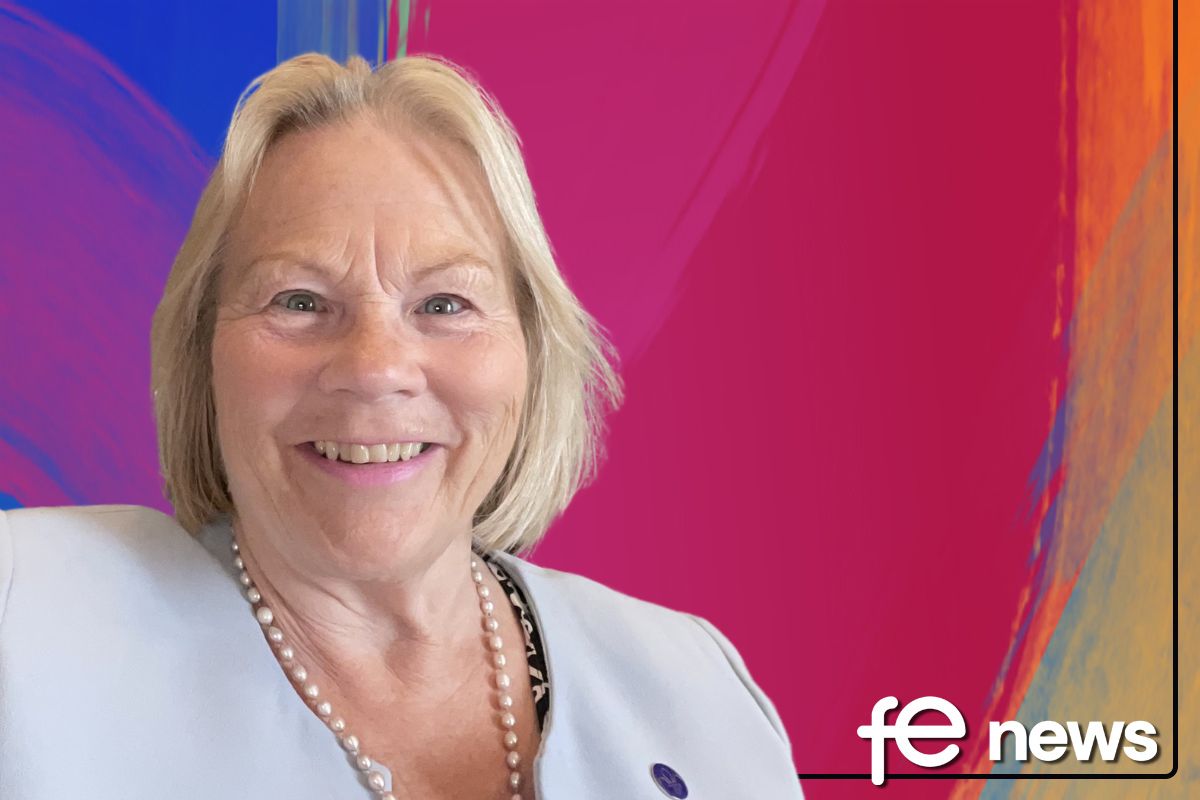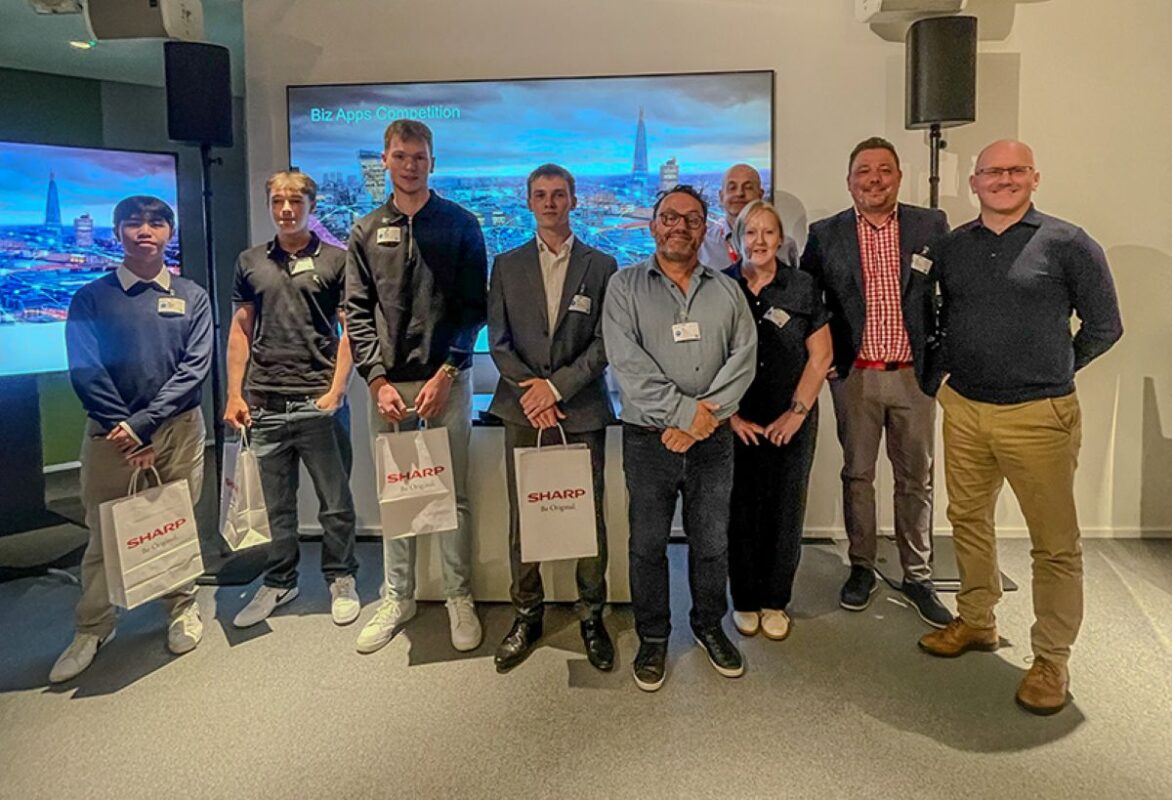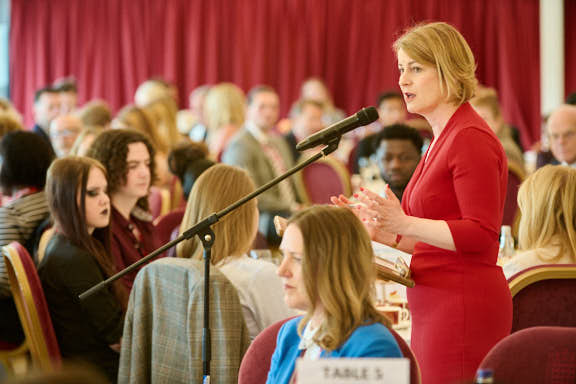Simply quitting or great leadership

The day that New Zealand Prime Minster Jacinda Ardern gave her tenure was one that some may have wondered if there was any hope left for the governance of the world. Who is left?
The Nordic countries seem to have it right, but they appear to work in a silo of success that other countries appear to have no desire to mimic. As we look at the challenges across the world, it is hard to see much success that supports healthy lives for much of the human race.
Compare her departure to that of Boris Johnson in the UK and we see why great leadership is not based on ego, it is based on a set of values that has very little to do with the individual, but everything to do with having a drive for the betterment of the people they serve. So unlike when Johnson finally left the PM position and the sigh of relief was heard echoing off the stars, when Ardern was quitting, we asked ourselves, ‘if she can’t continue who can’. However, maybe there is another side to all this.
When she left her parting words were this.
“I hope I leave New Zealanders with a belief that you can be kind, but strong, empathetic but decisive, optimistic but focused. And that you can be your own kind of leader – one who knows when it’s time to go,”
Over the past 10 years I have listened to hundreds of people as part of my research and subsequently talked to thousands about my findings in kinder leadership; what it embodies and how it drives success in workplaces. While there is a clear theory that was formed from this research, within this there are seven notable values that appeared to be present in kinder leadership: Gratitude, Empathy, Integrity, Time, Trust, Connection and Courage. It is difficult to have one without the other, they are entwinned into each other’s success and together they represent kindness.
What was clear from the work was that kindness was not weakness, it is as Ardern states, strength. Kindness has very little to do with the idea that we just say ‘yes’ to people and it has very little about giving gifts in the physical sense. Kindness is having the tough conversations but doing them well. Saying ‘no’ but the person going away having a respect to you for the conversation you have had with them.
There are few people in the world who truly demonstrate the concept of delivering kinder leadership, they are so often influenced by the behaviours and historical expectations of leadership. With that in mind, it is hard to break the mould, yet Ardern has demonstrated time and time again that she embodies the concept. Let me run through some examples on each of the values to give you come context.
Gratitude
When Ardern spoke, it was difficult not to see and hear the thanks to the team that worked around her, the family that supported her. The people who worked tirelessly for the country and the divides she attempted to bridge. Gratitude is something you choose to embody in the core of you. Focusing all the great things that those people bring into your life. Leadership is not just a work thing; it truly is a life thing.
Empathy
A few years ago, I interviewed Claire Yorke PhD who is a well-known researcher of empathy in the political arena. She has written several very interesting papers on the topic and of course Ardern has made an appearance in them.
It was Ardern’s swift and immediate response to the Christchurch Mosque bombings that demonstrated the empathetic leader that she is. In the same paper, Teresa Mays response was cited (UK prime minster at the time) with the burning of the Grenfell towers.
Both tragedies where people lost their lives needlessly. Deep grief was not only seen publicly in those that were immediately impacted but on an entire country as the people wept for those they didn’t know. The two leaders took very different responses, Teresa May took no outward action.
However, Ardern immediately went to those who were suffering, respected the culture of those people and hugged them whole heartedly, without political agenda but simply because she stood in their shoes for a moment and wondered what it would be like for her to lose loved ones so tragically and needlessly.
Integrity
Every politician who is voted in by the people has a battle that no one speaks much about. They need your votes, so they tell you what you want to hear to get your vote and try their very best to deliver something in 6 months of taking office that they can shout about as a success.
Yet Ardern once said, ‘the plans that we are putting in today will reap the rewards in 20 years ‘. She said what everyone knows, sustainable change, change that is going to make the biggest impact can only be done and seen with time allowing.
What Ardern gave that we do not see across Governments, is honesty even when the message might not be what the people want to hear.
Time
With that integrity she quietly and confidently explained the reason why. You were not left in doubt about why they were taking a decision and the process they had gone through to get there. That little bit of extra time to explain something, to listen to the needs of the people and the voices of the under served made her an extraordinary leader.
The wellbeing of the people is now surveyed and decisions for the country were made from it. I had access to this process a few years ago and the method was looking at the whole person. The strategy was people first.
Making the time to gather data and listen to the people demonstrated she was not sticking a finger in the air, seeing which way the wind was blowing that and planning based on what she thought might win some votes tomorrow but instead making time to really understand the wellbeing of her people.
Trust
She built trust through her integrity as already mentioned, but also, she was simple herself. She was authentic, wore no mask and with that, it was impossible to be seen as the usual political liar. Politicians are, as you will not be surprised to hear, are one of the least trusted professions.
I am not even sure her approach was intended to build trust, but by being vulnerable and being herself, the side product of that was that people trusted her. She famously apologised to the Maori people for the long history of maltreatment well before her tenure and even her life. She was true and determined to bridge unjustified divides caused by fear and needless hate.
Connection
In everything she did, she demonstrated connection. Connection to family, to her people, to the world around her, the environment, the history of her country. She felt it all. How do I know that you might ask? Because you can see someone connecting with the world around them and the people when they are authentic, nothing is hidden behind a mask, and they are standing with their people on a united front.
Courage
It is courageous to know as a leader when it’s time to step down. To know when you have given everything you can. To have the difficult conversations and decisions. Her approach to COVID demonstrated it. She made quick decisions, communicated her reasons why and kept her people safe. Her people came first over tourism profits. While there later may have been criticism, for me I’d rather be criticised for a loss of money than a loss of life.
Apparently when she was asked how she would like New Zealanders to remember her leadership, Ardern said “as someone who always tried to be kind”.

Nahla researches kindness and how it impacts leadership and society as a whole. She is in turn delivering keynotes, training and consultancy programs that are driving more productive workplaces and happier workforces. You can also find her breaking a couple of Guinness World Records in her spare time.
To find out more about Nahla’s work please go to www.acultureofkindness.co.uk












Responses